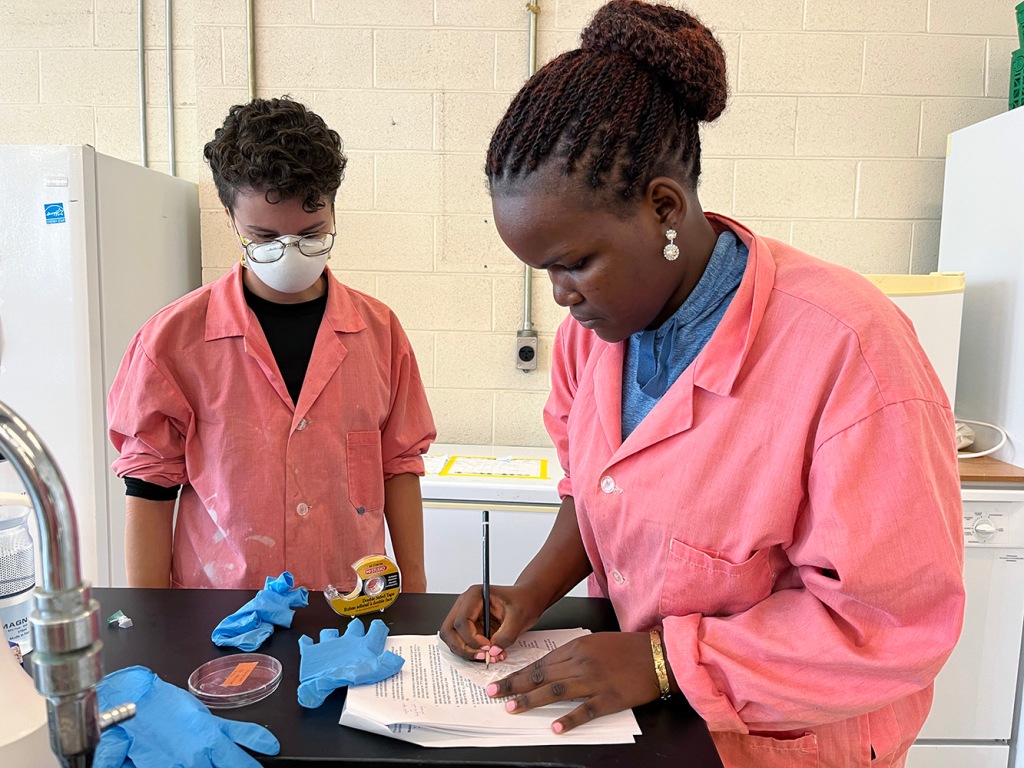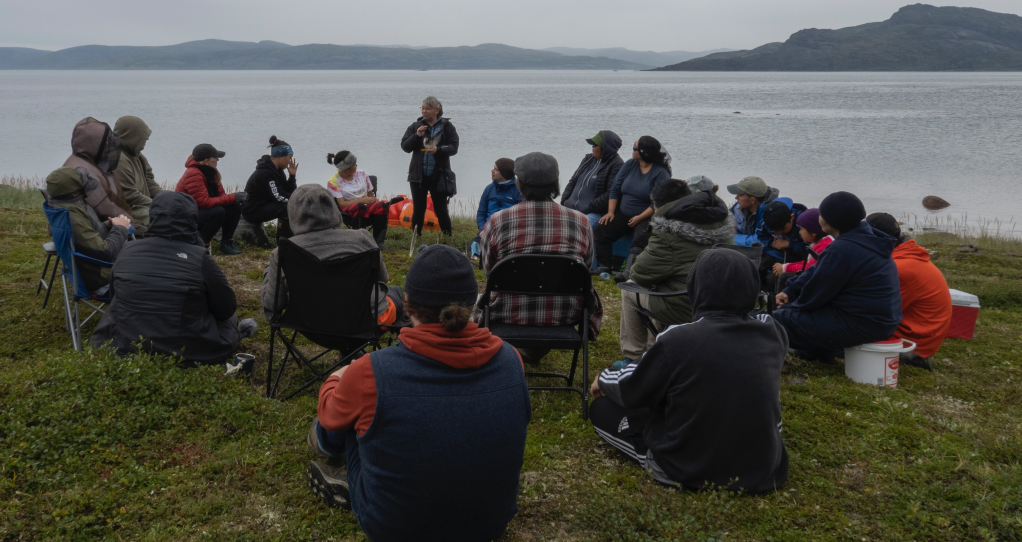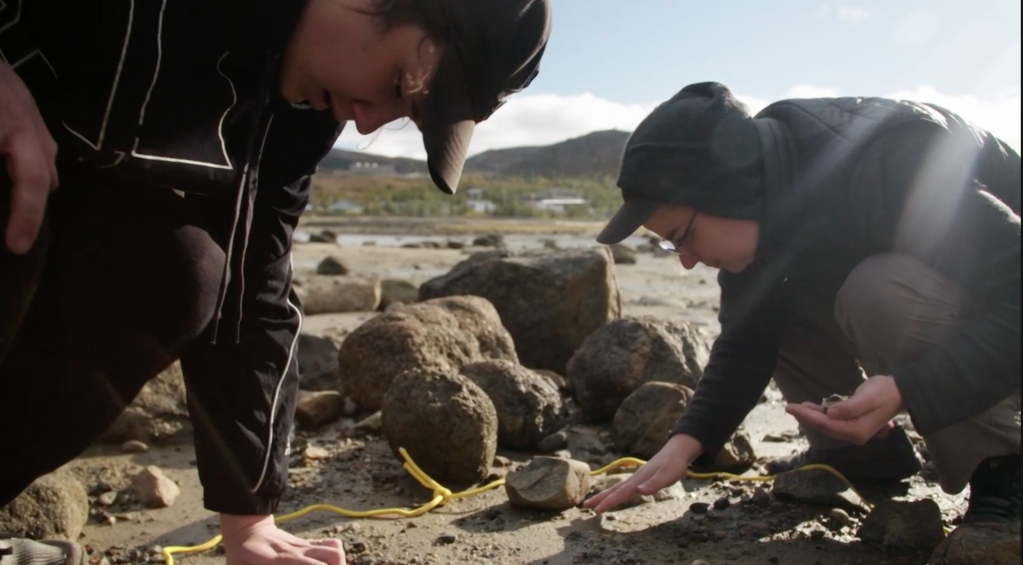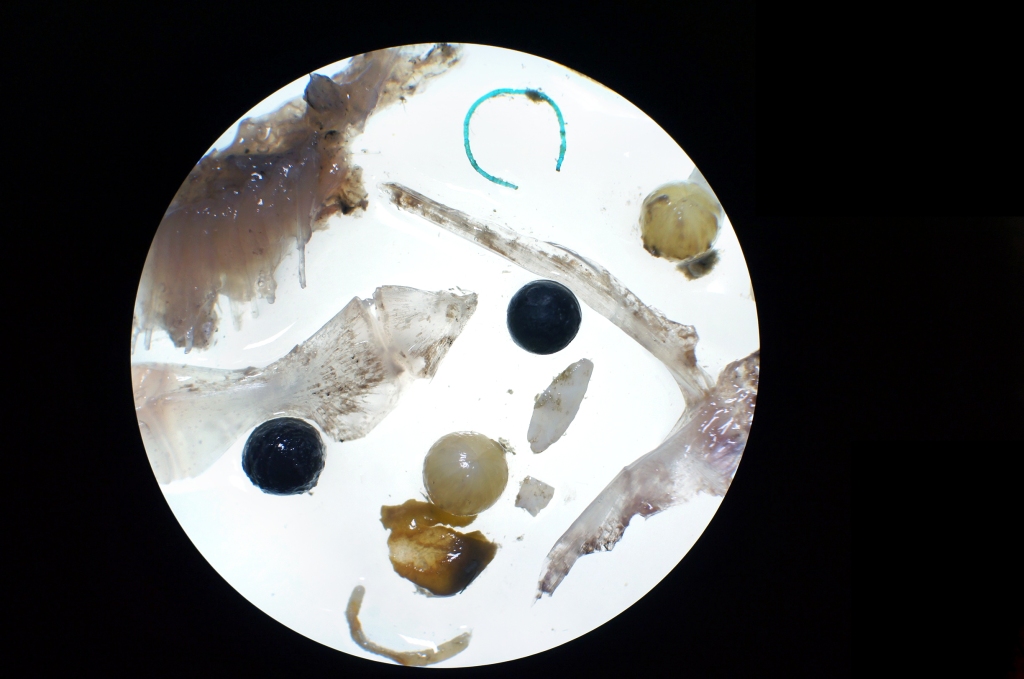CLEAR is hiring multiple part-time and full-time (8-35 hours/week, flexible) research assistant positions to work on a variety of projects (outlined below). Based on the St. John’s campus, CLEAR lab is a training lab on plastic pollution research and anticolonial, justice-based methods. It is led by Dr. Max Liboiron (Michif/Red River Metis). We support a vibrant community of graduate, undergraduate, and high school students as well as visiting and affiliated faculty and community members. Our lab methods and culture are based in humility, accountability, collectivity, and good land relations. We are engaged in long-term plastic monitoring with partners in Nunastiavut (Inuit land claim agreement in northern Labrador), as well as overseeing multiple monitoring contracts for other Inuit and First Nations communities. All of our science is community-oriented.
We have three types of positions available. In each case, we are looking for someone with laboratory research experience, but you do not have to be an expert in plastic pollution. All training will be provided. We are interested in applicants who align with our values of humility, accountability, collectivity, and good land relations, and who will flourish working in a self-described feminist and anti-colonial lab space with diverse colleagues (we have many queer, non-binary, Indigenous, and generally fabulous lab members). All positions will attend weekly CLEAR lab meetings, either in person or virtually.
Available Positions
WET LAB TECHNICIAN: The lab tech mainly examines animal gastrointestinal tracts and environmental samples provided by community partners for microplastics. They use microscopes and sieves to visually identify plastics. They are often involved in the creation, testing, improvement, and validation of new methods, particularly those that are most accessible to community groups. The technician maintains quality assurance in the laboratory environment (i.e. limiting and monitoring microplastic contamination) and follows quality control protocols to ensure microplastic recovery is at or above industry standards. This job includes data entry during sample processing. It requires precision and patience (plastics are tiny and there are a lot of samples to go through). Highschool students, undergraduates, and graduate students welcome as well as people at any stage of their career. This position is based in St. John’s at Memorial University.
MAPPING AND DATA ASSURANCE: We have an abundance of data about plastics in Nunatsiavut (Inuit land claim area in northern Labrador), with data about place names, latitudes and longitudes, and samples from each area. However, some of this data is patchy or does not match up. The mapping and data position entails going through our data and ensuring all information is correct and matches up. This will often require studying maps and may include talking to community researchers. If the person is skilled in making maps, it can also include map making. It is ideal if the person in this position is familiar with Nunatsiavut. Applicants should have experience with spatial data and be detail-oriented. This position can be done remotely. The person must be able to work in Canada.
HISTORICAL RESEARCH: We work with samples of birds that were taken from Nunatsiavut (Inuit land claim area in northern Labrador) and given to Natural History Museums in the United Kingdom, Canada, and the United States. The historical research position involves tracking down who took the samples, what their relationships with Inuit communities were, and providing context that allows colonial sample collection to return to the orbit of community research. This may involve discussions with Nunatsiavummiut. This position will involve precision and creativity. It is ideal if the person in this position is familiar with Nunatsiavut. They should have some experience doing historical and/or archival research or community-based research. This position can be done remotely. The person must be able to work in Canada.
Research Assistants will do part of their work independently, but will also be part of the wider CLEAR lab and thus will be working collaboratively with others. All RAs are part of weekly lab meetings ( which can be attended remotely). All CLEAR members can join lab working groups in addition to their regular job duties. Working groups include a writing room, a Literature Review working group, an Indigenous quantitative methods working group, and more. For more about CLEAR lab, see our website.
CONTRACT DATES: Start dates are between May 10 and June 1, 2024 (negotiable) until August 31, 2024, with the possibility for renewal.
WAGES: Wages are set by Memorial University based on experience. High school and undergraduate positions are $17.65/hour. Graduate students are paid $24.93/hour. Positions for non-students are between $20-30/hour based on experience. People based in Nunatsiavut or the North receive northern-rated pay.
CLOSING DATE: We will begin review of applications May 6 and continue until positions are filled. If this ad is still up, at least one of the positions is still open. For inquiries after the closing date contact Jess Melvin (jmelvin@mun.ca)
TO APPLY: Please send:
1) a cover letter discussing your experience and qualifications concerning the qualifications, and job description above (please specifically address the section: “We are interested in applicants who align with our values of humility, accountability, collectivity, and good land relations, and who will flourish working in a self-described feminist and anti-colonial lab space with diverse colleagues (we have many queer, non-binary, Indigenous, and generally fabulous lab members)“). Be sure to include which position(s) you are applying for. Include examples from your experience;
2) a resume or CV (see our interpretation of resumes and CVs here).
Email these to Max Liboiron (mliboiron@mun.ca) and Jess Melvin (jmelvin@mun.ca) by the end of the work day on May 6, 2024. If you miss the deadline, please reach out.
Images of CLEAR lab in action:









